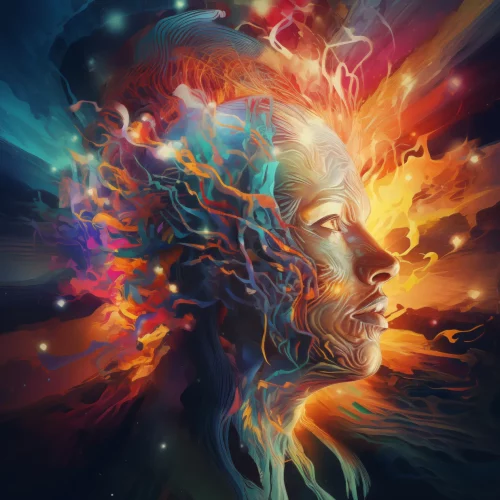Understanding Psychotropics and Psychedelics


In the realm of mental health and substance use, the conversation often gravitates towards pressing issues like the opioid epidemic. While this is a valid concern, it overshadows other significant matters, such as the impact of alcohol and the complex world of psychiatric medications, commonly known as antidepressants.
The term “antidepressants” is somewhat misleading. It’s a marketing label rather than a clinical one. In reality, these substances, categorized in the Diagnostic and Statistical Manual of Mental Disorders (DSM-5) as Sedatives, Hypnotics, and Anxiolytics, function more as agents that sedate or hypnotize, rather than directly counter depression.
Interestingly, these psychotropics share a similar effect on the brain as alcohol. Both classes of substances exhibit comparable symptoms of intoxication and withdrawal. This similarity raises questions about their role in treating depression, as they essentially depress the central nervous system.
Focusing on SSRIs (selective serotonin reuptake inhibitors), these medications impact serotonin levels, a neurotransmitter linked to sleep and memory. SSRIs prevent the reuptake of serotonin, leaving excess neurotransmitters in the synaptic gap. This can lead to feelings of drowsiness and lethargy, and over time, the brain may reduce serotonin receptors and production, leading to tolerance and serotonin syndrome.
To counteract side effects like insomnia, additional medications are often prescribed, which, like alcohol, induce sleep by dampening brain activity rather than aiding natural sleep.
Contrasting with psychotropics, psychedelic medicines are known to open neural pathways, potentially aiding in overcoming mental blocks. However, transitioning from psychotropics to psychedelics can be challenging. Interference from ongoing medication can hinder the effectiveness of psychedelics, sometimes leading to negative experiences mistakenly attributed to the psychedelics themselves.
For those considering psychedelic experiences, we recommend a cessation period from psychotropic medications to ensure an optimal and undisturbed experience. Ideally, a month is preferred, but a minimum of one week is necessary to avoid adverse interactions.
We understand that discontinuing medication can be a difficult process and should be done under medical supervision. If you face challenges in this regard, we are open to rescheduling your session to allow adequate time for cessation.
Our goal is to facilitate a fulfilling experience with these medicines, recognizing that the journey might involve initial struggles for a greater benefit in the long run.
